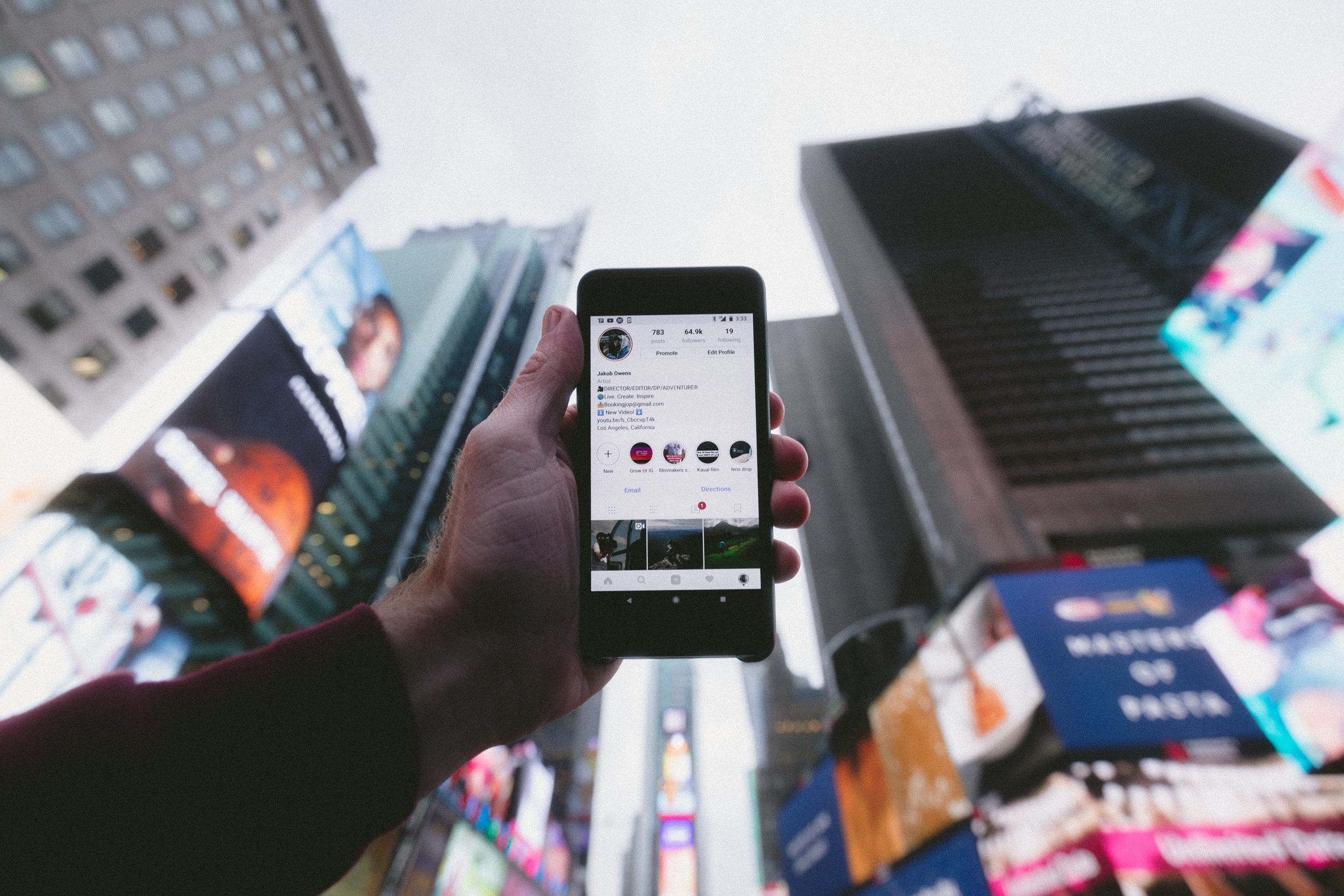Social media dictates the common ideas and perceptions during a crisis, as can be clearly seen during the Covid-19 pandemic. Chinese ophthalmologist Li Wenliang, who was a doctor at Wuhan Central Hospital, was the first person to send emergency signals about the virus on social media. He died of the virus 38 days after he started warning other doctors and hospitals on WeChat. People use social media to let their loved ones know they are safe. Institutions such as the World Health Organization (WHO) rely on Instagram, Facebook and Twitter to effectively communicate their messages to the public.
But social media also has a dark side. It can spread false information and distorted stories like wildfire. Millions of snippets of information on your social media are bent on making you lose heart. Whether you like it or not, what you read on social media determines whether you think of the future with hope or fear. If you want to influence others more positively, the first step is to set your own focus straight.
Change how you feel
The reticular activating system (RAS) is a network of neurons in your brain that filters information according to your preferences. Your RAS is the reason you hear a new word all the time, or why it seems to you that there are more Ford bakkies than any other type of bakkies on the road when you consider buying one. You can influence your RAS by deliberately choosing what you want to focus on. The more you focus on positive news, the more you will notice it and the better you will feel. Unfollow people who spread negativity and follow pages that create hope.
Set your sights on the truth
Do you know someone who constantly posts populist articles, or do you share news yourself only to realise later that it was fake news? Once you started focusing on positive news, make sure you recognise fake news from a mile away. Quickly test the snippets of information you encounter with the following questions:
- Is the conclusion based on relevant facts?
- Has it been reviewed by an editor?
- Do you observe any obvious bias in the article or on the website?
- Are there credible references to the facts or medical arguments?
The reason for fake news is often websites that want to increase their number of clicks by spreading sensational news, kidology or propaganda for ideological views.
Create your own news
If you’ve set your sights on hope, it’s time you start influencing others. You don’t have to be a consumer of information only; be a creator. Create positive messages that will help your followers focus on something bigger than the immediate situation. Share positive stories of people who have overcome obstacles despite their circumstances. Tell stories about how you, a friend, the country or the world have survived difficult times in the past. Everyone who replaces fear with hope becomes more productive. It is beneficial for everyone to keep their courage up while working hard to build the economy.
“Now faith is confidence in what we hope for and assurance about what we do not see.” (Hebrews 11:1)
Share on
Latest articles




















